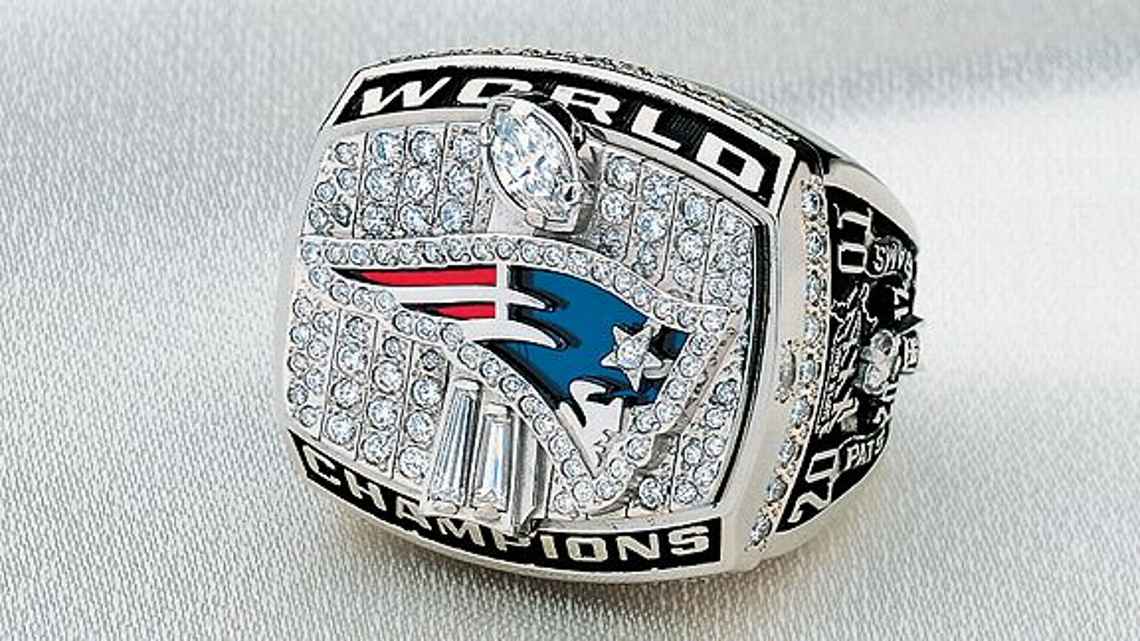Elizabeth Merrill, writing for ESPN about the journey of Villanova basketball legend Shelly Pennefather:
Twenty-five years old and not far removed from her All-America days at Villanova, Pennefather was in her prime. She had legions of friends and a contract offer for $200,000 to play basketball in Japan that would have made her one of the richest players in women’s basketball.
And children — she was so good with children. She had talked about having lots of them with John Heisler, a friend she’d known most of her life. Heisler nearly proposed to her twice, but something inside stopped him, and he never bought a ring.
“When she walked into the room,” Heisler said, “the whole room came alive.
“She had a cheerfulness and a confidence that everything was going to be OK. That there was nothing to fear.”
That Saturday morning in 1991, Pennefather drove her Mazda 323 to the Monastery of the Poor Clares in Alexandria, Virginia. She loved to drive. Fifteen cloistered nuns waited for her in two lines, their smiles radiant.
She turned to her family.
“I love you all,” she said.
The door closed, and Shelly Pennefather was gone.
Incredibly poignant. The accompanying video short, featuring Sister Rose Marie’s family, especially her aged mother, hugging her for the first time in 25 years — and likely for the last time — is powerful stuff.
When secular publications write on religious issues, accuracy and basic fairness to the subject matter is often lacking. However, Merrill handled this story with respect and real sensitivity, especially given that the vocation of a cloistered nun — with the unique sacrifices it entails — is even harder to understand for non-Catholics (and, let’s face it, for many Catholics, too) than the vocation of those who live out their vocations within visible society. Go read it.


 As we get ready for The Big Game today, here’s a fantastic story about former New England Patriot Jerod Cherry, who won three Super Bowls with the team. Cherry donated his most prized Super Bowl ring, from the 2001 team (the Patriots’ first championship) to help pay for an orphanage that rescues children from drugs and sex trafficking.
As we get ready for The Big Game today, here’s a fantastic story about former New England Patriot Jerod Cherry, who won three Super Bowls with the team. Cherry donated his most prized Super Bowl ring, from the 2001 team (the Patriots’ first championship) to help pay for an orphanage that rescues children from drugs and sex trafficking.